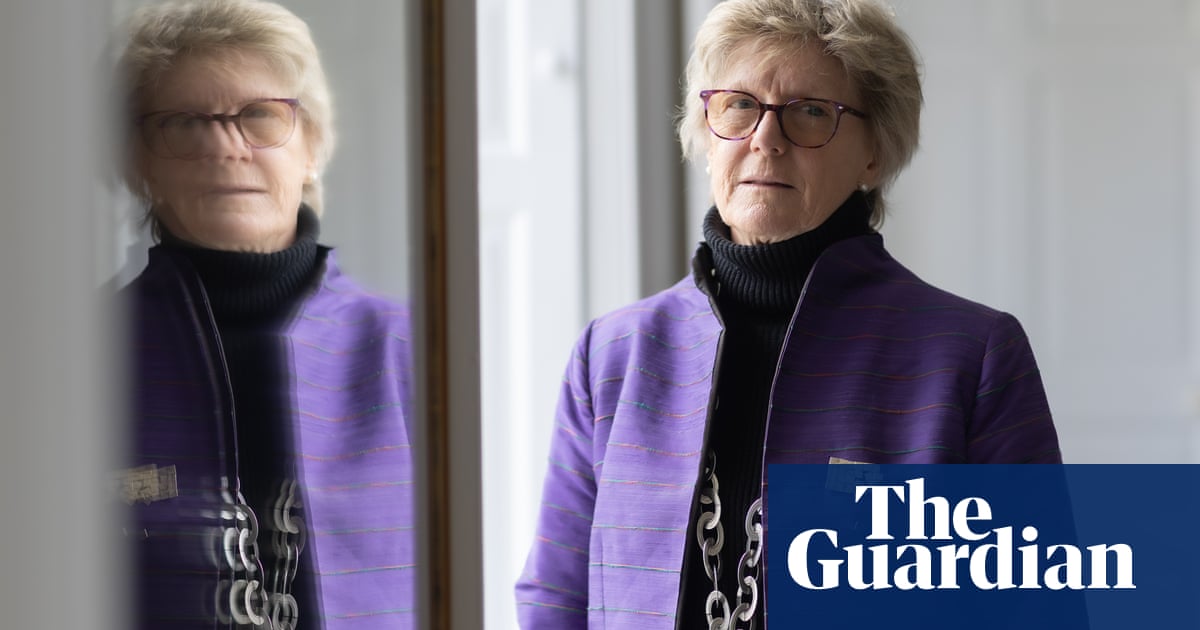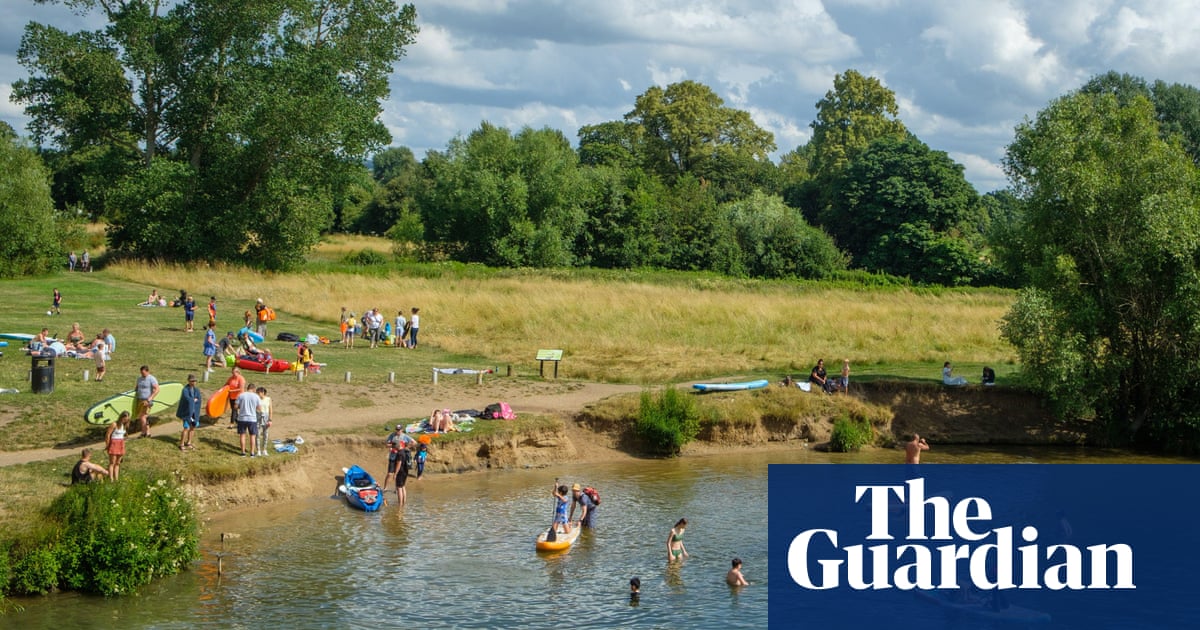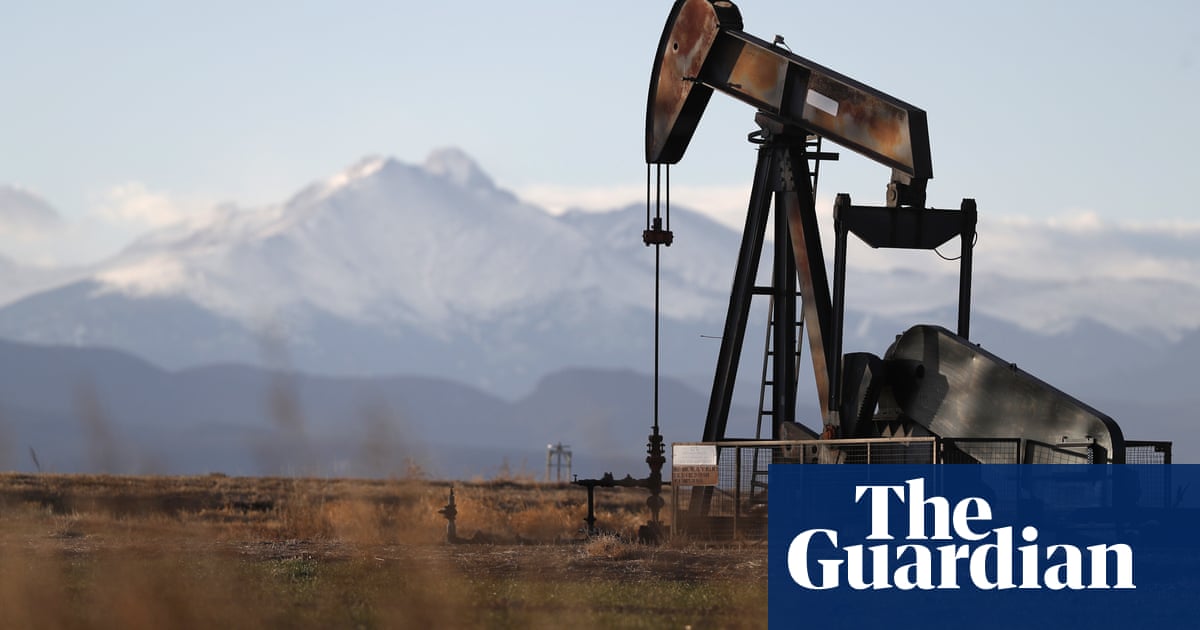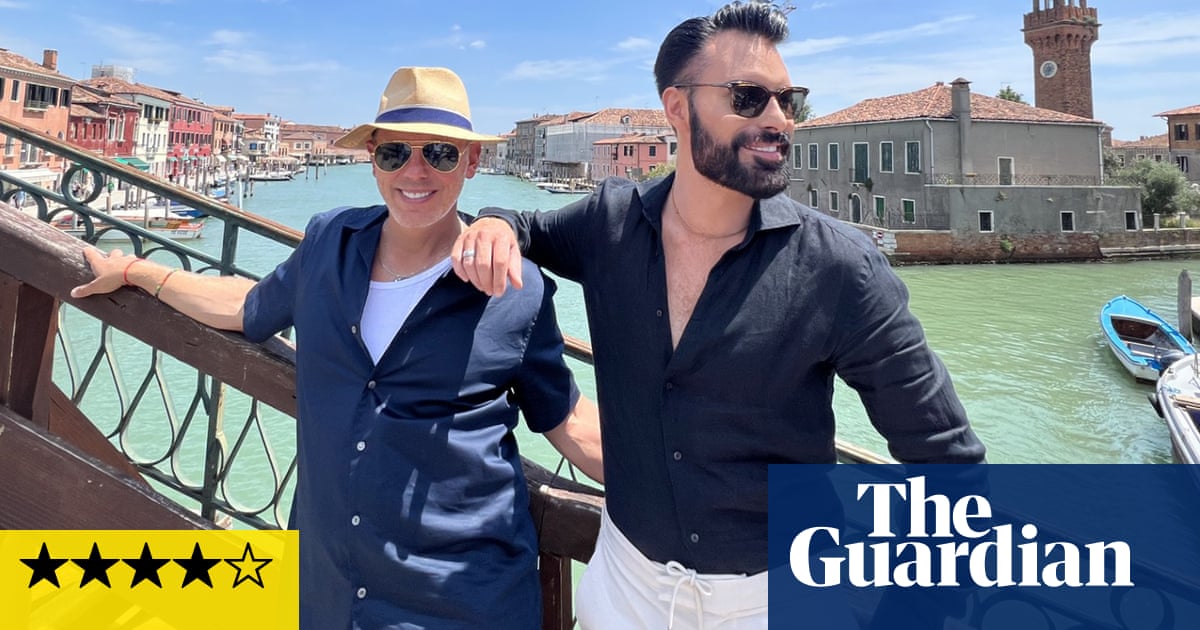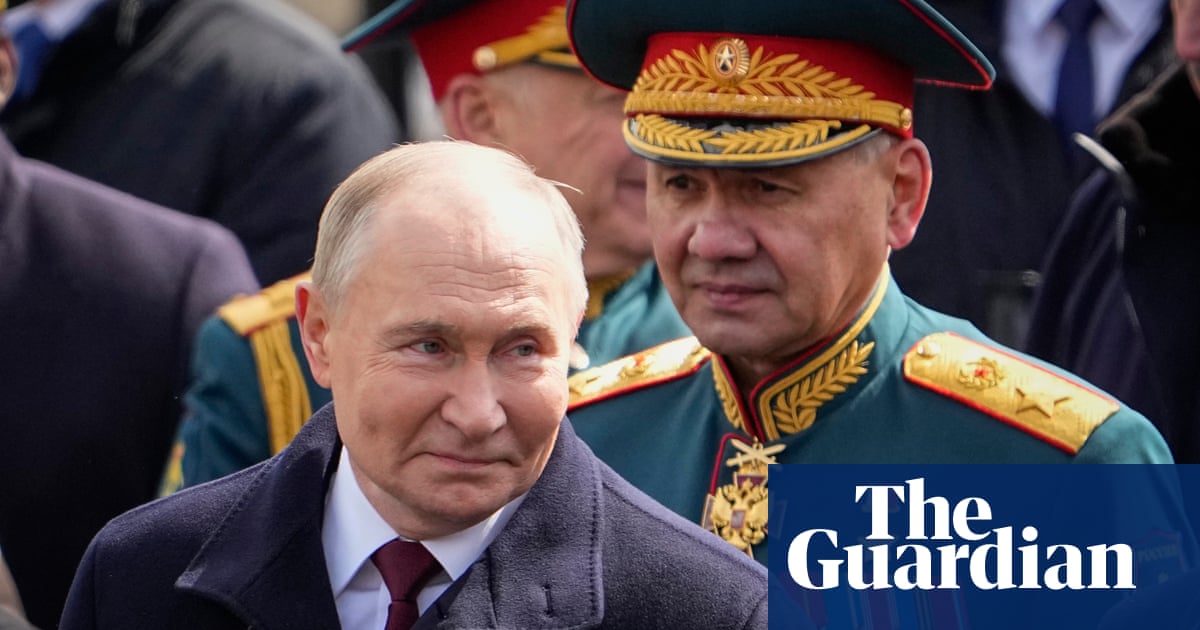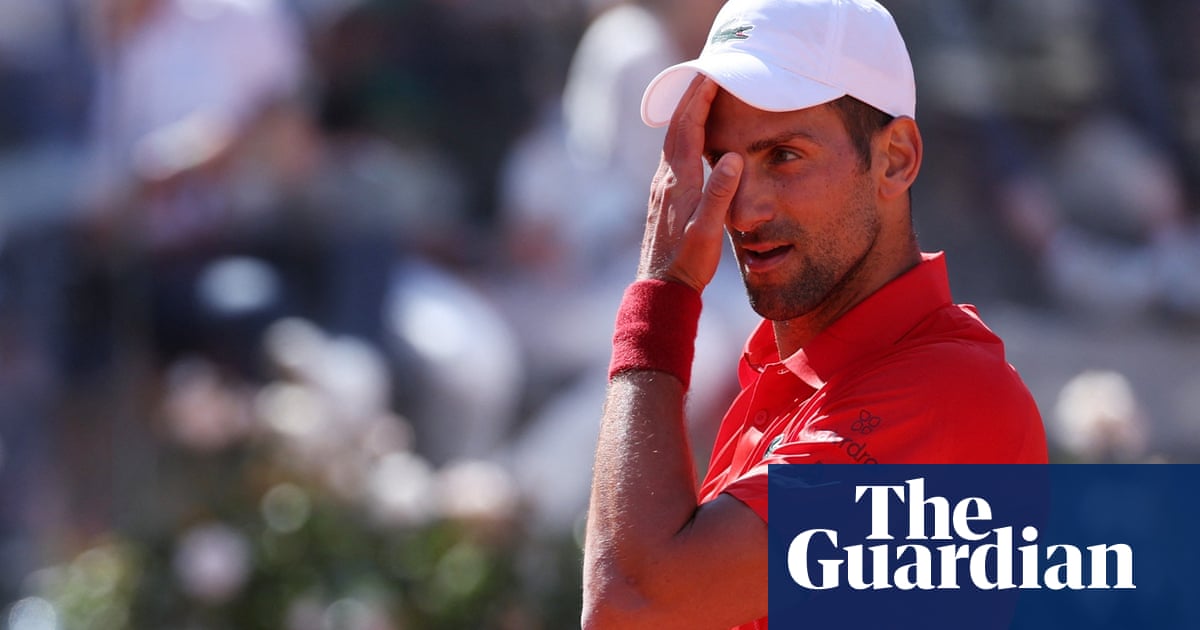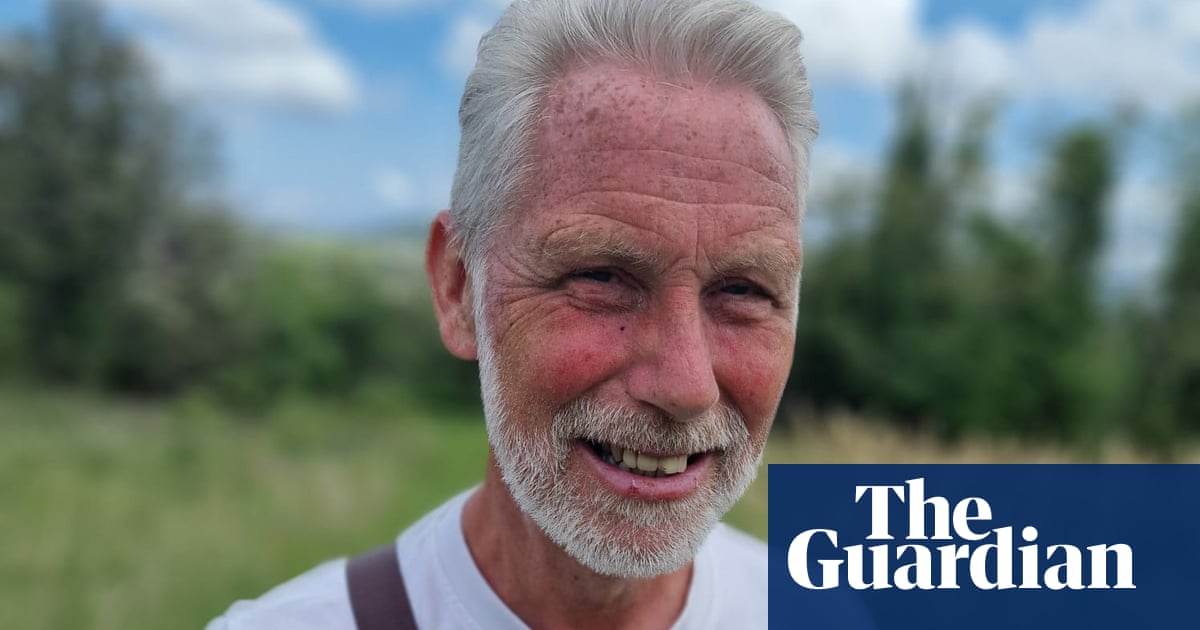The Covid-19 pandemic will âlook minorâ compared with what humanity faces from the growing number of superbugs resistant to current drugs, Prof Dame Sally Davies, Englandâs former chief medical officer, has warned.
Davies, who is now the UKâs special envoy on antimicrobial resistance (AMR), lost her goddaughter two years ago to an infection that could not be treated.
She paints a bleak picture of what could happen if the world fails to tackle the problem within the next decade, warning that the issue is âmore acuteâ than climate change. Drug-resistant infections already kill at least 1.2 million people a year.
âIt looks like a lot of people with untreatable infections, and we would have to move to isolating people who were untreatable in order not to infect their families and communities. So itâs a really disastrous picture. It would make some of Covid look minor,â said Davies, who is also the first female master of Trinity College, Cambridge.
AMR means that some infections caused by bacteria, viruses, fungi and parasites can no longer be treated with available medicines. Exposure to drugs allows the bugs to evolve the ability to resist them, and overuse of drugs such as antibiotics accelerates that process.
Widespread resistance would make much of modern medicine too risky, affecting treatments including caesarean sections, cancer interventions and organ transplantation.
âIf we havenât made good strides in the next 10 years, then Iâm really scared,â Davies said.
Without the development of new treatments âitâll grind on for decades and it wonât burn out. We know that with viruses, they burn out, you generally develop herd immunity, but this isnât like that.â
Last week the UK government announced a national action plan on AMR, with commitments to reduce its use of antimicrobials in both humans and animals, strengthen surveillance of drug resistant infections, and incentivise industry to develop new drugs and vaccines.
Launching the plan, Maria Caulfield, the health minister, said: âIn a world recovering from the profound impact of the Covid-19 pandemic, international collaboration and preparedness for global health challenges have taken on an unprecedented level of importance.â
Davies has spent more than a decade warning about the problem, but said it truly hit home when her âbeautifulâ goddaughter, Emily Hoyle, died of a drug-resistant infection aged 38.
Hoyle had cystic fibrosis and had undergone two lung transplants before she was infected by Mycobacteroides abscessus, which was resistant to treatment.
The team treating her âtried everythingâ, Davies said. âBut I would think for me, looking back from the year before she died, I thought it was likely this would kill her.
âAnd she knew about six months before she died that this was not going to be treatable and that she would probably die of it.
âShe had a very beautiful death â she was very dignified, laughing, joking, making light of it to husband, family, all of us. She was very special.
âBut she gave me permission to use her story as my goddaughter because, well, it got personal for me, the Christmas before last.â
Hoyleâs death has reinforced her determination to turn the tide, Davies said, describing it as a question of intergenerational fairness.
âMy generation and older have used the antibiotics [and] weâre not replenishing them. Weâre not making sure that our food is produced with as low usage as possible. And I owe it to my children and â if I have them â grandchildren and the next generations to do my best.â
There are also issues of fairness in the present day, she said. One death in five caused by AMR is in a child aged under five, usually in sub-Saharan Africa, where Davies said the problem is âparticularly prevalent and disastrousâ.
Many of the countries are also being hit hard by the climate crisis and Davies said the two problems were interlinked.
âIf we donât control and mitigate AMR, then it will kill more people before climate change does,â she said.
after newsletter promotion
âClimate will play out in many ways, but think about flood water, think about sewage, think about displacement, think about storms and what they spread and the lack of clean water if youâve got drought; infections do go up.â
There are global efforts to reduce inappropriate use of drugs such as antibiotics in medicine, although the Covid-19 pandemic stalled progress on many of those initiatives. Few new antibiotics have been created in recent years and the issue is âmade more complicatedâ because it involves sectors such as farming as well as human health.
More than two-thirds of antibiotics go into farm animals, Davies said, usually to promote growth or prevent infections in overcrowded, unsanitary conditions rather than treat specific infections.
Some Asian fish farms were âtipping antibiotics in with the fish foodâ, partly because it is cheaper, she said, but also because of a lack of research into which infections occur in local breeds of fish such as tilapia, and which vaccines might be needed.
âIf you donât have appropriate, careful use,â she said, âyouâre risking it really getting out of control.â
Animals, including humans, excrete up to 80% of the antibiotics they take in, she points out, âcontaminating the environmentâ. Factories producing antibiotics may not control their effluent, allowing âdramatic amountsâ to enter water systems.
Despite her warnings, Davies insisted she is a âglass half-fullâ person, brimming with enthusiasm as she discusses projects that find a different approach. A major US poultry supplier has stopped using antibiotics, âso you can do itâ, she said.
Breakthroughs such as genomics and artificial intelligence are âreinvigoratingâ the science of new antibiotics. She is also hopeful that programmes to incentivise pharmaceutical companies to create new antibiotics will bear fruit.
Ideally, such medicines should be held in reserve as a last resort if existing drugs fail to work, so bugs do not develop resistance to them. However, this makes it hard for companies to guarantee a return on investment in research and development.
Various countries are exploring alternative means of funding, such as a subscription model by NHS England, paying a fixed annual fee for access to antimicrobials, regardless of volume used.
Davies is part of the UN Global Leaders Group on AMR. In September, the UN will hold a high-level meeting on the issue and the group is pushing for targets by 2030, including reducing global human deaths from AMR by 10%, cutting antimicrobial use in agriculture by at least 30%, and ending the use of âmedically important antimicrobials for human medicineâ in farming where they are not needed to treat disease.
While âhonouredâ to be part of the group, she said more formal structures were needed. âWe need inter-country governance of some form, a bit like a COP for climate change,â Davies said.
Particularly important would be the establishment of an independent scientific panel similar to the IPCC, âotherwise, itâs academics saying, âoh, we need this targetâ. And however correct that is, if you havenât taken the low- and middle-income countries on the journey, thereâs no reason why they would accept those â or should accept them.â
